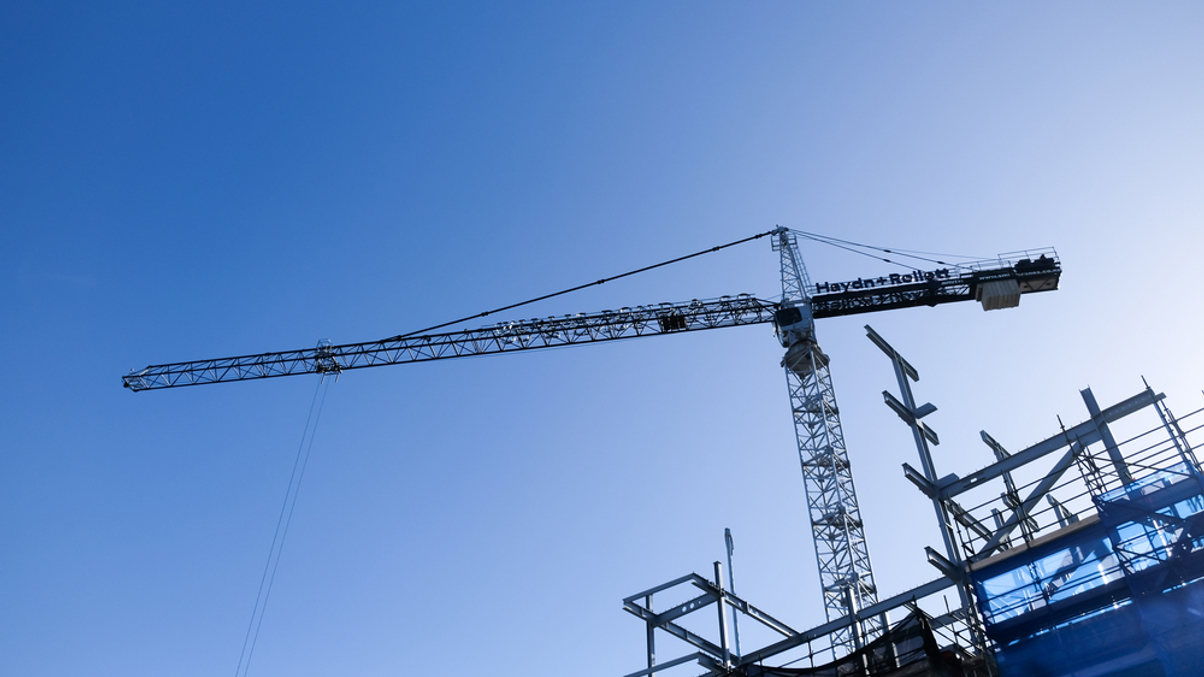NZ Super buying infra in Europe and North America
The New Zealand sovereign fund will expand into Asia in the coming years.

The New Zealand Superannuation Fund (NZ Super), a sovereign wealth fund (SWF) with NZ$60 billion ($40.5 billion) in assets under management (AUM), is looking to ramp up its investments in infrastructure, following a new investment strategy approved in June.
Sign in to read on!
Registered users get 2 free articles in 30 days.
Subscribers have full unlimited access to AsianInvestor
Not signed up? New users get 2 free articles per month, plus a 7-day unlimited free trial.
¬ Haymarket Media Limited. All rights reserved.


